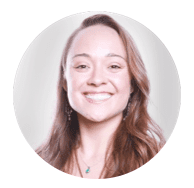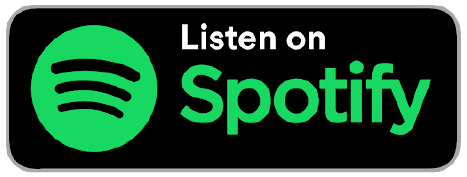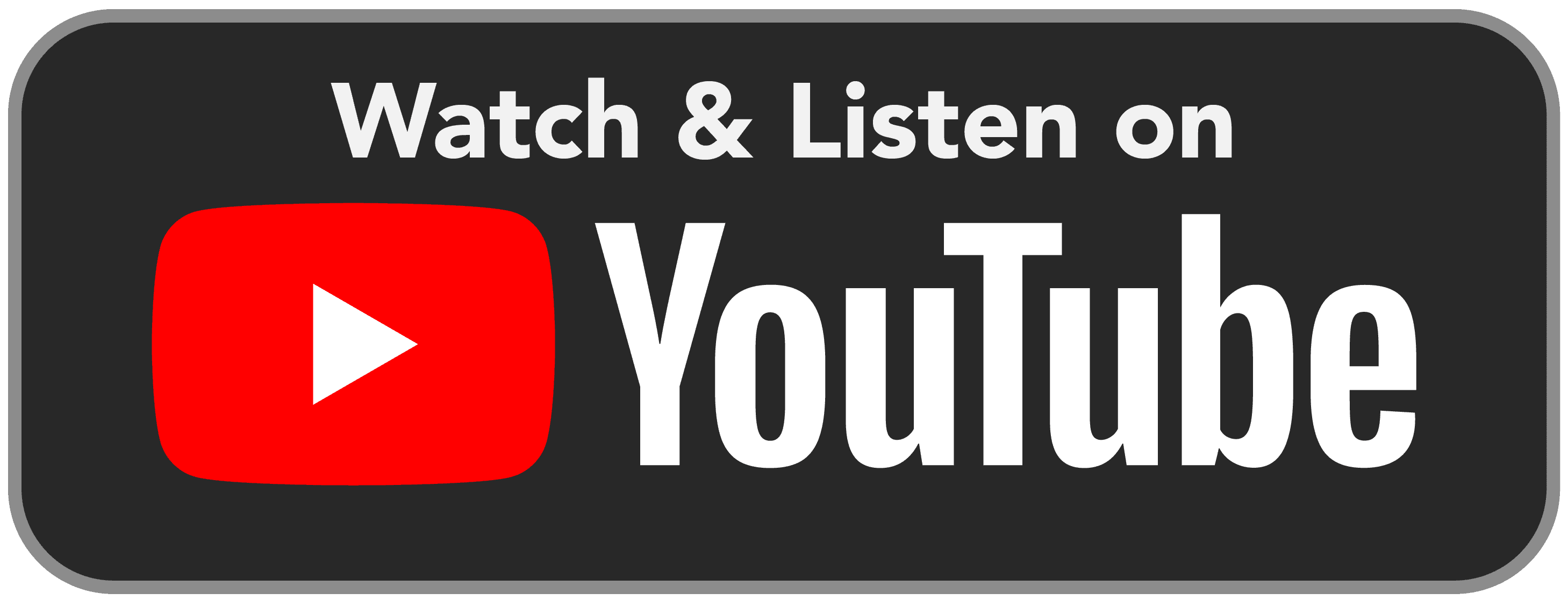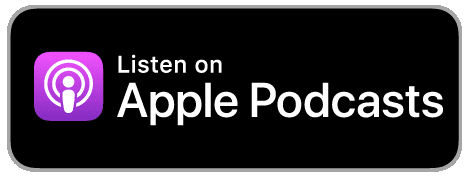Party Like a Marketer Podcast
Episode 9: Building a PR Toolbox to Support Company Goals
Episode Description
Lisa Buffo, Founder and CEO of Cannabis Marketing Association, sat down with Durée Ross, Founder and CEO of Durée & Company, Inc., to discuss utilizing a PR toolbox, in order to achieve company goals within the world of cannabis marketing. For more information, visit us at TheCannabisMarketingAssociation.com

Meet Your Host
LISA BUFFO, Founder and CEO of Cannabis Marketing Association
Lisa Buffo is an award-winning entrepreneur and marketer with a passion for launching companies with experience in both the cannabis and technology industries. Lisa is the Founder & CEO of the Cannabis Marketing Association, a membership based organization focused on education and best practices for industry marketers with the vision of rebranding cannabis at the national level. She was named one of 2019’s 40 Under 40 Rising Stars in Cannabis by Marijuana Venture Magazine in 2019 and named “The Marketing Guru” by Women & Weed magazine and is a featured speaker and media source in publications like Forbes, The Guardian, and VICE. You can find her on Instagram @libuff and Twitter @libuff21.
Become a CMA Member Today!
Join the fun as we host exciting educational and networking events in your community. Engage with your marketing peers and collaborate to solve the cannabis industry's toughest marketing and public relations challenges, all while building community and having a great time!


